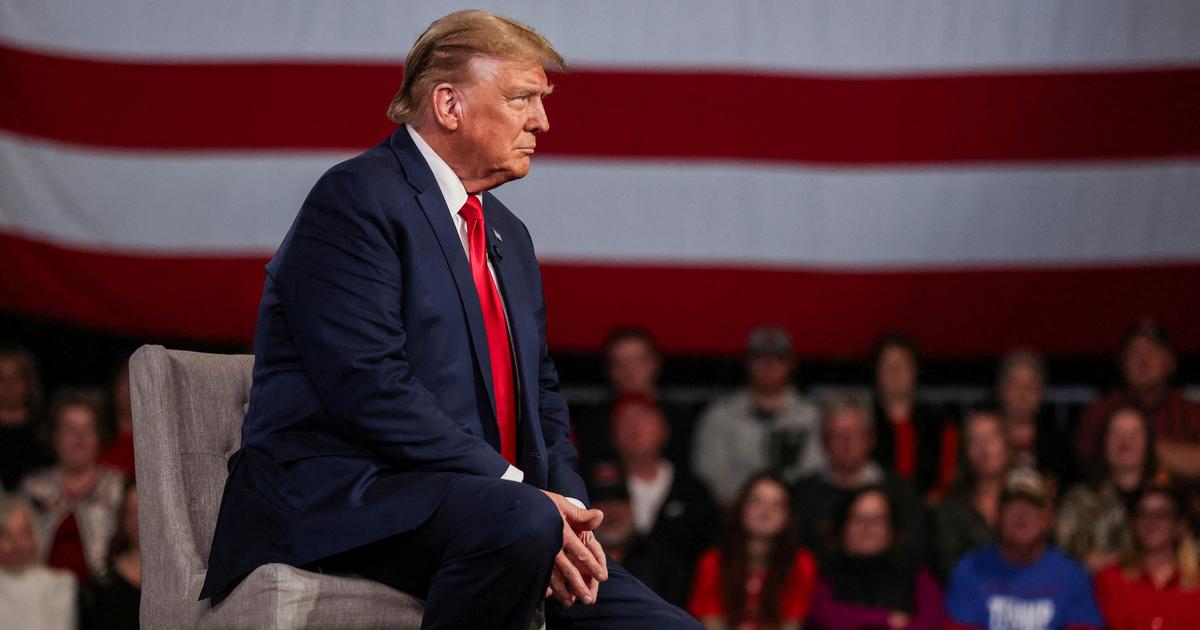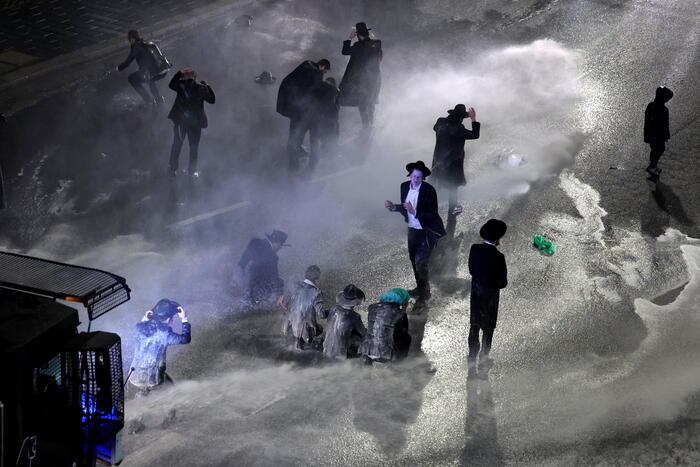By Pete Williams -
NBC News
The Supreme Court will study Wednesday whether states that give parents money for their children's high school tuition can exclude schools that offer religious education.
In recent years, the court has been especially receptive to claims of religious discrimination.
Last year it ruled that when states make tuition money generally available, they cannot exclude schools run by religious institutions.
[Urge to reopen the case for sexual abuse against Bill Cosby: prosecutors ask the Supreme Court to review the case]
In that case, related to a school program in Montana, some judges wondered if there was a significant difference between discrimination based on a school's religious status and discrimination based on the use of government money to teach religion.
"We acknowledge the point, but we do not need to examine it here," the ruling read.
The court has now agreed to examine that issue in a Maine case inviting judges to take the next step and say that schools cannot be excluded even if they offer religious instruction.
The Supreme Court in Washington, on September 3, 2021.
Scott Applewhite / AP
The state makes tuition money available to families in areas that do not have public high schools, to use it to pay to attend public or private schools in other communities.
But schools cannot be sectarian, defined by the state as those that promote a particular faith or belief system and teach material "through the lens of this faith."
[The trial of Ghislaine Maxwell begins, accused of capturing girls for the pedophile tycoon Jeffrey Epstein]
Two groups of parents sued, claiming the program violates their religious freedom.
David and Amy Carson sent their daughter to Bangor Christian School and therefore were unable to receive the state tuition money.
"I like to see it as a continuation of the values and the way we raise it at home,"
explained Amy Carson in an interview with our sister network NBC News.
"The beliefs that the school has are aligned with what we have at home," he added.
Troy and Angela Nelson send their children to a non-sectarian school, but want them to attend Temple Academy, which describes its purpose as “to know the Lord Jesus Christ and make Him known through accredited academic excellence and programs presented through of our fully Christian biblical worldview. "
Prayers, dances and insults: as the Supreme Court discussed a crucial abortion case outside they protested
Dec. 1, 202101: 50
The families' attorney, Michael Bindas, of the Institute for Justice, a libertarian public interest law firm, claimed in his court files that there is no legal difference between a school's status and its use of tuition money.
"Discrimination is discrimination, whether the government claims it is targeting those who are religious or those who do religious things," he said.
[The lawsuit filed by 9 women against the Wynn hotels and casinos for sexual abuse is authorized]
Maine "discriminates against families eligible for the tuition assistance program and believes that religious education is the best option for their children," he said.
The state is also excessively intrusive, he added, because it must investigate the way a school structures its curriculum and religious activities.
Defending the program, attorneys for the state said in their court filings that Maine offers a free public education and has not denied that benefit to the plaintiffs based on their religion, but that the families suing “want a totally different benefit. : a publicly subsidized sectarian education ”.
Maine has decided that public education should be
“a non-sectarian education that exposes children to diverse viewpoints
, promotes tolerance and acceptance, teaches academic subjects in a religiously neutral manner, and does not promote faith or a particular belief system, ”they said.
The state is not practicing religious discrimination or favoring one faith to the detriment of another;
it simply refuses to subsidize religious exercise, according to lawyers.
Although parents are free to send their children to religious schools, the state is not obligated to support them, they argued.
[The Government investigates cases of physical and sexual abuse in juvenile detention centers in Texas]
In Supreme Court, Biden's Justice Department supported Maine's position, arguing that the state is failing to position itself in favor of various religious entities.
That was a change in opinion the department took in the early stages of the case, during the Trump Administration, when it pointed out that the state was involved in religious discrimination.
The court is expected to issue its decision in late June.





/cloudfront-eu-central-1.images.arcpublishing.com/prisa/OV2VBR4SENF6HBYT4PL7REJMVU.jpg)









